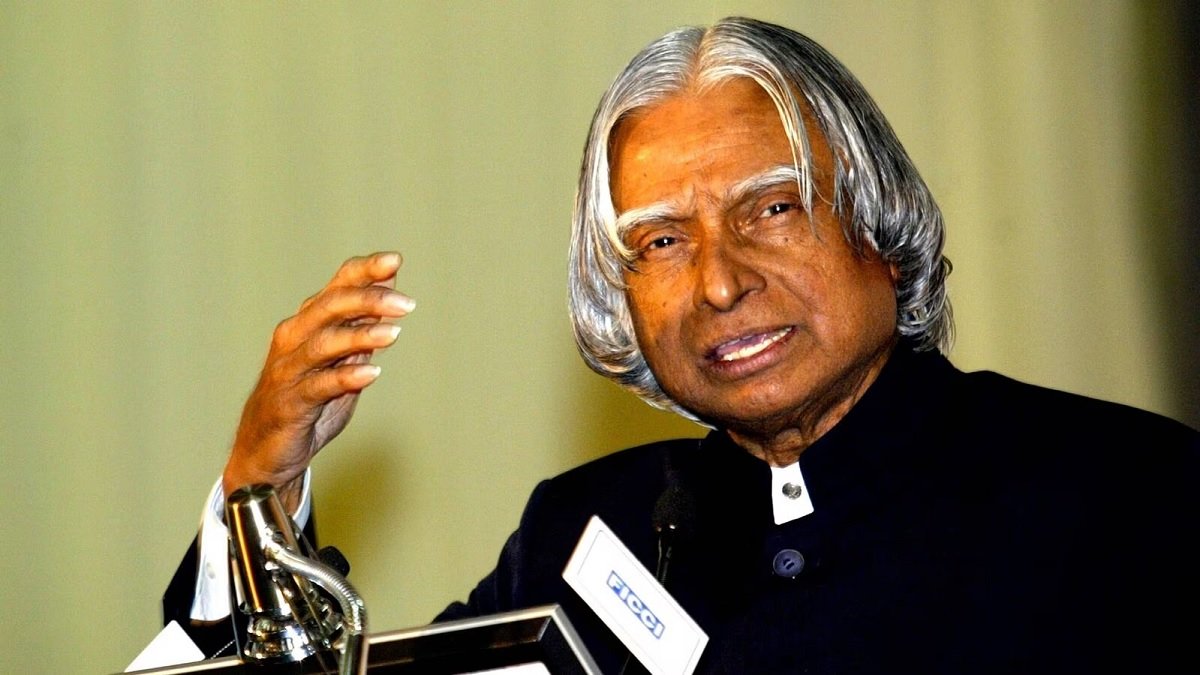In an era where discord and division often dominate societal interactions, one might ponder: what if there exists a paradigm that could harmoniously integrate the myriad nuances of human experience into a cohesive framework? The Baha’i teachings, as articulated by Abdul Baha, present a blueprint that offers not just insight, but potential solutions to the myriad challenges faced by modern society.
Abdul Baha, as the son of Baha’u’llah, the founder of the Baha’i Faith, emerged as a pivotal figure in articulating and disseminating the teachings that seek to advance human civilization. What makes his insights particularly relevant today is their inherent applicability to contemporary issues like social justice, equality, and unity. The call for a global society that celebrates diversity while simultaneously fostering a sense of belonging and collective identity is central to Abdul Baha’s vision.
At the foundation of Baha’i teachings is the principle of the oneness of humanity. This doctrine posits that all individuals, regardless of nationality, race, or creed, are members of a single human family. The challenge here lies in the practical manifestation of this principle; how can societies, deeply entrenched in tribal affiliations and sectarian identities, be transformed into a unified whole? The answer, according to Abdul Baha, lies in the power of education. He emphasized that fostering a spirit of learning and enlightenment is essential for dispelling ignorance and prejudices that often lead to conflict.
Education, in the Baha’i context, transcends mere academic achievements. It encompasses moral and spiritual dimensions, seeking to cultivate virtues such as kindness, compassion, and integrity. The implementation of comprehensive educational systems that prioritize character development, alongside conventional curriculum, presents a formidable challenge. Yet, it is a necessary endeavor that could potentially revolutionize societal dynamics.
Another salient teaching of Abdul Baha centers on universal peace. The aspiration for global peace must not remain an abstract ideal; it requires concrete action and commitment from individuals and communities alike. Abdul Baha posited that peace is not merely the absence of war, but a profound state of justice and equity. Thus, the challenge emerges: how can we cultivate an environment conducive to peace? The answer lies in establishing mechanisms of dialogue and understanding across differing perspectives. Facilitating open conversations and fostering a culture of respect are pivotal in shaping a peaceful coexistence.
Further, Abdul Baha emphasized the importance of the spiritual dimensions of life, suggesting that societal well-being is intrinsically linked to individual spiritual health. The modern challenge of materialism and the relentless pursuit of wealth can detract from the spiritual progression of individuals. To counteract this, fostering an ethos that values spiritual fulfillment, alongside material success, emerges as a vital task. How does one inspire individuals to pursue higher virtues when societal norms often glorify material possession? The answer lies in modeling and mentoring: creating examples of individuals who embody the synthesis of spiritual and material achievements.
Moreover, economic justice forms a cornerstone of the Baha’i Teachings. Abdul Baha argued for the importance of equitable distribution of wealth and resources, emphasizing that extreme disparities create discord and destabilize society. The pursuit of economic equity raises a significant challenge: how can societies develop systems that ensure fairness and opportunity for all? New economic models that prioritize sustainability and ethical practice present a pathway forward. Moreover, instilling a sense of responsibility among those at the helm of economic systems to act in the interest of the collective rather than individual profit can further this goal.
In addition, community building is integral to the Baha’i worldview. Abdul Baha advocated for the establishment of vibrant and inclusive communities where individuals can thrive. The challenge, however, lies in fostering genuine community engagement and participation. How can individuals be encouraged to move beyond apathy and become active contributors to their community’s welfare? By advocating for collaborative projects that emphasize local needs and collective aspirations, communities can strengthen bonds of unity that transcend superficial differences.
Furthermore, the role of women in society is another critical teaching that Abdul Baha championed. He asserted that the empowerment of women is fundamental to societal progress. This realization poses the challenge of dismantling the patriarchal structures that still pervade many cultures. Advocacy for gender equality, alongside educational initiatives that uplift and empower women, can create ripple effects of societal improvement. As women engage more fully in all facets of life, societies can harness the benefits of diverse perspectives and talents.
Ultimately, Abdul Baha’s teachings challenge us to not only envision a better society but to actively work towards manifesting it. Each principle, from the oneness of mankind to the promotion of justice and equality, interconnects and reinforces the notion that a holistic approach is necessary for true societal transformation. The inquiry remains open: are we as a global community willing to embrace these teachings and cultivate a world that reflects their depth and beauty? Each individual has a role to play in this profound challenge, and thus, the journey towards a harmonious society continues.
